#postapocalyptic
Explore tagged Tumblr posts
Text

Dark Conspiracy RPG by Lester W Smith for Game Designers' Workshop, 1991, with Larry Elmore cover art presenting a very stylish apocalypse -- Set in a hypothetical early 21st century when corporate power is more important than governments, a Greater Depression has destroyed the global economy, and a declining America is wracked by economic disparity, reduced voting rights, and changing weather patterns. Also there are literal demons.
Mongoose Publishing recently acquired the rights to Dark Conspiracy. They are selling GDW's original version now on their website but plan a new edition for 2026.
#Dark Conspiracy#Larry Elmore#GDW#zombies#postapocalyptic#Game Designers' Workshop#Mongoose Publishing#postapocalypse#near future#RPG#Lester W Smith#modern city#noir#1990s
140 notes
·
View notes
Text
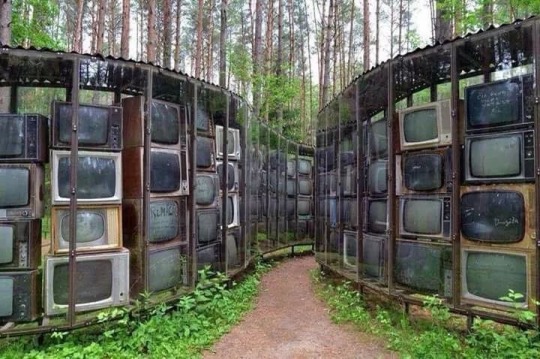
📺 📺📺📺📺📺📺📺📺📺📺📺📺📺📺
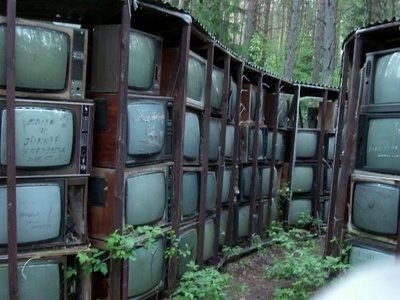
#urban decay#abandoned#urban exploration#urbex#urban nature#remnants#urban photography#ruins#urban landscape#landscape#landscape photography#apocalypse#apocalyptic#dystopia#dystopian#postapocalypse#postapo#postapocalyptic#postapoc#wasteland#wastelands#scifi#fallout#art#postnuclear#fantasy#doomsday#preppers#pandemic#tv
27K notes
·
View notes
Text

#art#aesthetic#digital art#scifi#cyberpunk#science fiction#sci fi#scifiart#futuristic#scifi art#dystopian#dystopia#dystopic#postapocalyptic#post apocalypse#post apocalyptic#post apocalypsecore#cold weather#coldcore#sci fi art#scifi aesthetic#science fiction art#science fiction aesthetic#post war#forgotten places#cyberpunk dystopia#cyberpunk aesthetic#cyberpunk art#cyberpunk world#desolation
56 notes
·
View notes
Text
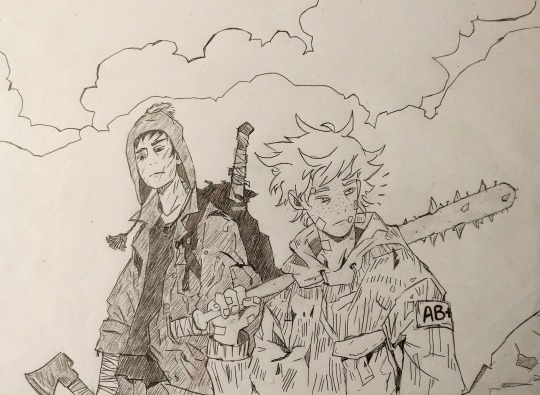


I’m pretty happy with how this piece turned out - feeling more confident with my lines :) I feel quite sentimental over postapocalyptic genre (as I was part of the fandom for a long time) and wanted to draw some PA creek.
#spcreek#tweektweak#craigtucker#southparkfanart#sptweek#spcraig#postapocalypse#zombies#postapocalyptic#zombieapocalypse
39 notes
·
View notes
Text

BUTANE BESERKER redrawing things from high school. Original under the cut

45 notes
·
View notes
Text






i finally did it
a full put together art book bundle on the first chapter of Living on the Sands, that includes everything that went into making the comic.
i plan to make a bundle like this each time i finish a chapter, since not everyone is there on patreon to see behind the scenes, this is a nifty lil collection for any who are interested in the process of it all.
you can purchase the bundle >>here<<
that being said the following chapter is underway, due to the holidays and renovations in our apartment the work has been slow, but not abandoned. i shall catch up in the new year and hope you'll enjoy what i've been cooking <3
#living on the sands#fallout#sketch#art book#comic#bundle#stickers#fallout ghoul#michael#wasteland#postapocalyptic
48 notes
·
View notes
Text

Raining. Detail of the illustration
#art#illustration#design#drawing#artwork#skull#skeleton#dark art#victorian#gothic#gothic art#gas mask#postapocalypsis#postapocalyptic#postapocalypse#spooky art#horror art#macabre art#creepy art#surrealart
55 notes
·
View notes
Text
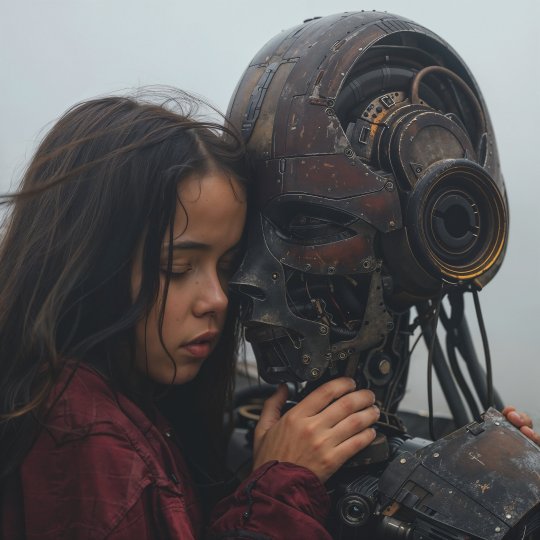
#dystopian#dystopia#scifi#cyberpunk#sciencefiction#bookstagram#postapocalyptic#dystopianfiction#books#art#apocalypse#dystopianfuture#dystopianbooks#photography#booklover#futuristic#bladerunner#scifiart#postapocalypse#wasteland#future#fantasy#madmax#book#apocalyptic#bookish#bookworm#scifibooks#reading#bookstagrammer
122 notes
·
View notes
Text

A hyper-muscular super-heavyweight male bodybuilder with short ginger hair, depicted in a futuristic sci-fi setting, inspired by a Borg-like aesthetic.
25 notes
·
View notes
Text




Holiday road trip, Car Wars style (Autoduel Quarterly, V7 N4, "Winter 2039" = January 1990, Steve Jackson Games; art in this issue was credited to Joel Mullins, Jason Waltrip, and John Waltrip, though last picture is signed Porter R Wood)
#Car Wars#Autoduel Quarterly#road warriors#postapocalyptic#postapocalypse#Porter R Wood#Joel Mullins#Jason Waltrip#John Waltrip#Steve Jackson Games
247 notes
·
View notes
Text

UK underground (AI generated art)

Abandoned

1

#urban decay#abandoned#urban exploration#urbex#urban photography#ruins#apocalypse#apocalyptic#dystopia#dystopian#postapocalypse#postapo#postapocalyptic#postapoc#wasteland#wastelands#fantasy#scifi#art#fallout#postnuclear#uk#biohazard#pandemic#outbreak#doomsday#doomsday preppers#preppers#subway
1K notes
·
View notes
Text

#art#aesthetic#digital art#scifi#cyberpunk#science fiction#sci fi#scifiart#futuristic#scifi art#sci fi and fantasy#sci fi art#scifi aesthetic#scififantasy#sciencefiction#science fantasy#science fiction art#science fiction aesthetic#desert#sand#sandcore#dystopian#dystopia#dystopic#postapocalyptic#dystopic aesthetic#post apocalyptic#post apocalypse#post apocalypse art#fantasy art
59 notes
·
View notes
Text

The Scarecrow
#ford bronco#vehicle#postapocalyptic#post apocalypse#postapo#post apocalyptic#postapo vehicle#skull#car#vehicle design#ridgley farm#the peacemaker
34 notes
·
View notes
Text

















#conceptart#illustration#postapocalyptic#post apocalypse#dystopia#scifi#digitalart#refugees#retro futurism
12 notes
·
View notes
Text













high contrast puffer vests for fall or a cool winter. these vests are made from dark blue denim,and super soft green houndshooth fleece lining(except for the size ---). the stitching is high contrast uv orange,and has alot of fringe and distress for a dystopian look.all have a high,stiff collar which wraps slightly above the neck.
these have alot of chaotic detail,circuitry design,etc to complete the cyberpunk aesthetic in a neon city. i plan to make more with the high contrast orange fleece lining as i feel like the blue and orange clash good together.
you can find these at Biotic clothing on etsy.
#cyberpunk#dystopia#fashion#cyberpunkfashion#etsy#dystopian#etsyshop#etsyseller#etsystore#etsyfinds#cyberpunkaesthetic#cyberpunkers#cyberpunk2077#cyberpunkstyle#etsysuccess#dystopian aesthetic#dystopianfashion#dystopianart#scififashion#scifi#urbanwear#streetwear#postapocalyptic
14 notes
·
View notes
Text
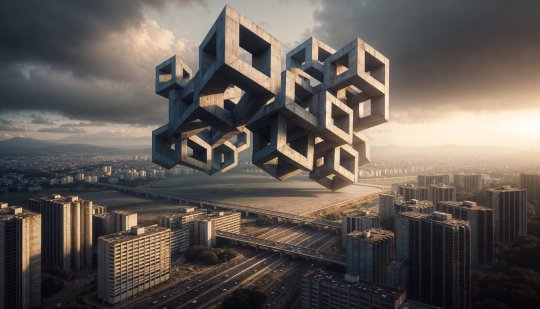
#brutalism#brutalistarchitecture#concretejungle#brutalist#architecturalPhotography#urbanExploration#urbex#abandonedPlaces#exploration#adventure#isolation#desolation#dystopian#dystopia#scifi#cyberpunk#sciencefiction#bookstagram#postapocalyptic#dystopianfiction#books#art#apocalypse#dystopianfuture#dystopianbooks#photography#booklover#futuristic#bladerunner#scifiart
74 notes
·
View notes